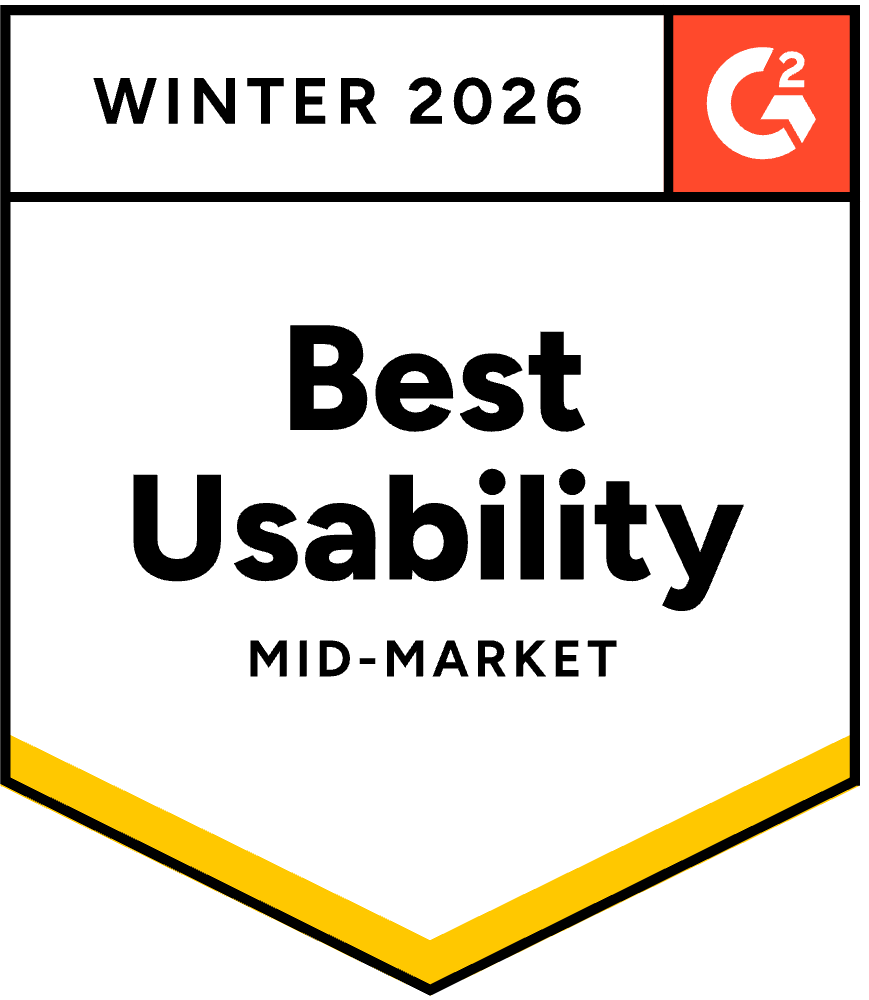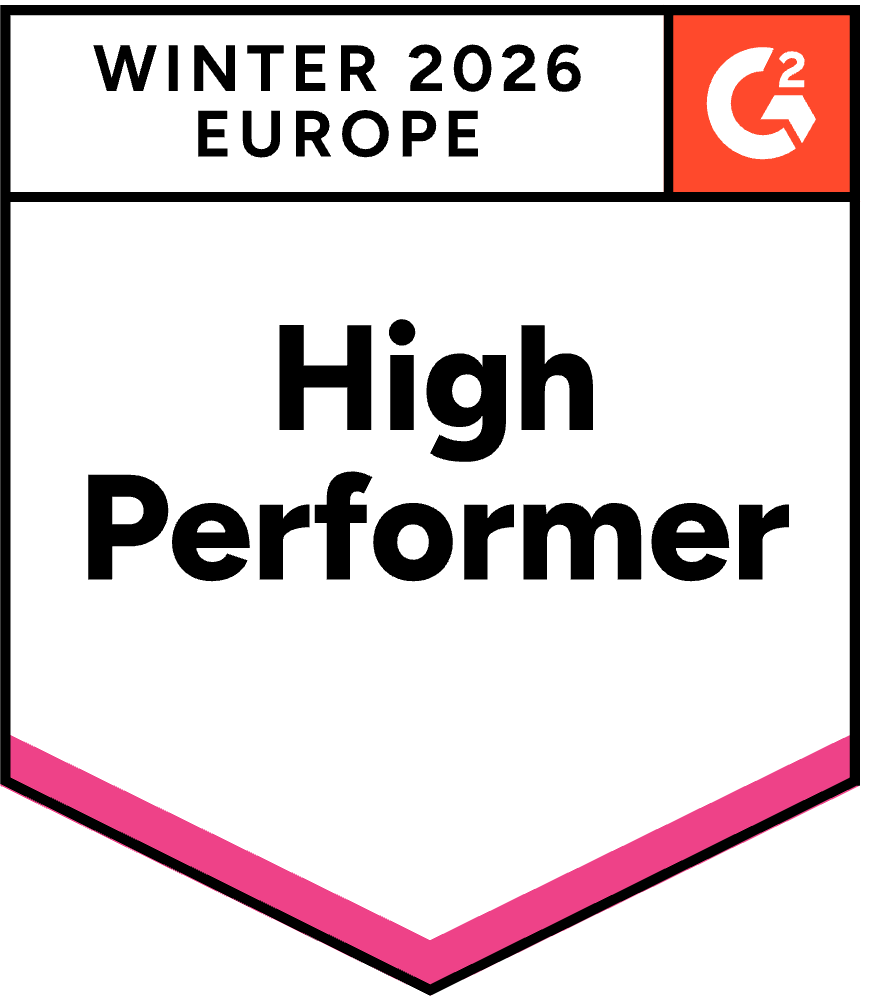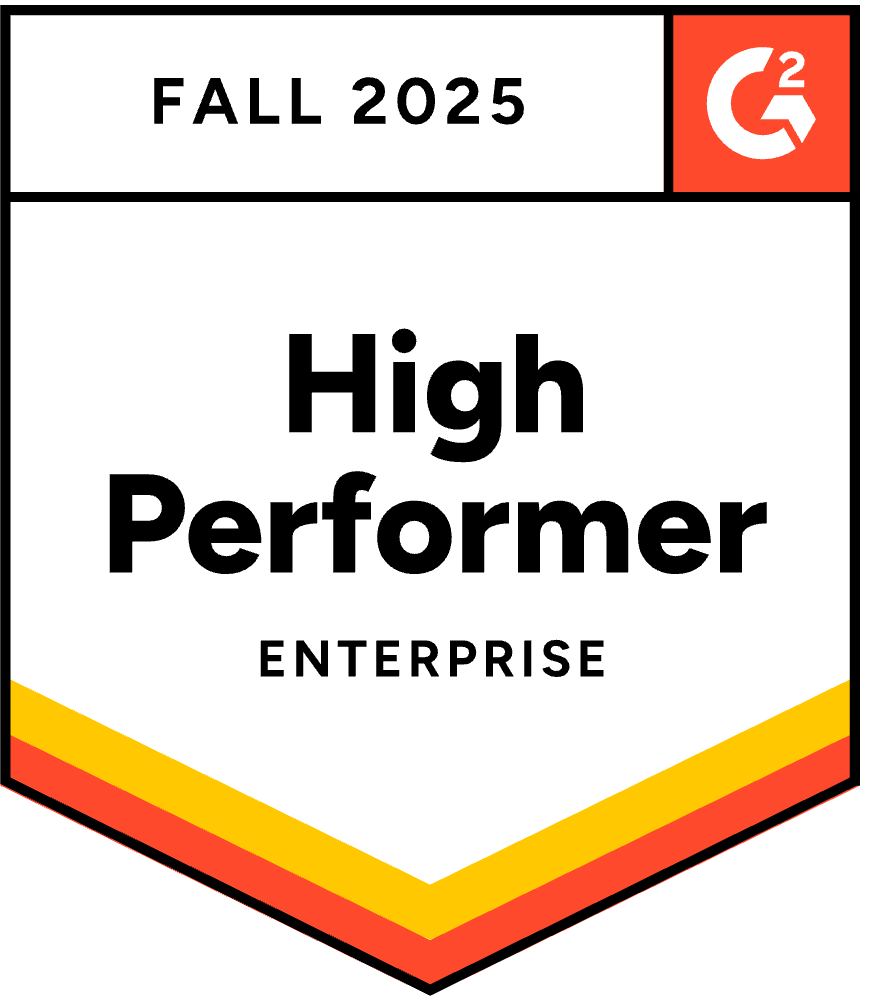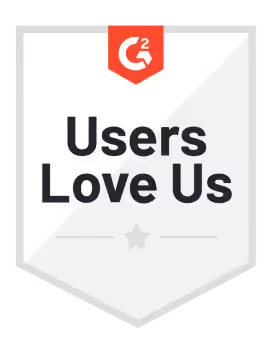



Discover more integrations
No items found.
Get in touch CTA Section
Lorem ipsum dolor sit amet, consectetur adipiscing elit, sed do eiusmod tempor incididunt ut labore et dolore magna aliqua.
Frequently asked questions
Is data observability relevant for small businesses?
Yes! While smaller organizations may have fewer data pipelines, ensuring data quality and reliability is equally important for making accurate decisions and scaling effectively. What really matters is the data stack maturity and volume of data. Take our test here to find out if you really need data observability.
How can data teams prioritize what to monitor in complex environments?
Not all data is created equal, so it's important to focus data quality monitoring efforts on the assets that drive business outcomes. That means identifying key dashboards, critical metrics, and high-impact models, then using tools like pipeline health dashboards and SLA monitoring to keep them reliable and fresh.
Is it hard to set up the Sifflet and ServiceNow integration?
Not at all! It only takes a few minutes to get started. Just follow our step-by-step integration guide, and you’ll be ready to connect your data observability alerts directly to ServiceNow in no time.
How does the updated lineage graph help with root cause analysis?
By merging dbt model nodes with dataset nodes, our streamlined lineage graph removes clutter and highlights what really matters. This cleaner view enhances root cause analysis by letting you quickly trace issues back to their source with fewer distractions and more context.
Will there be live demonstrations of Sifflet’s observability platform?
Absolutely! Our team will be offering hands-on demos that showcase how our observability tools integrate into your workflows. From real-time metrics to data quality monitoring, you’ll get a full picture of how Sifflet boosts data reliability across your stack.
How does Sifflet help with end-to-end data observability?
Sifflet enhances end-to-end data observability by allowing you to declare any asset in your data stack, including custom applications and scripts. This ensures full visibility into your data pipelines and supports comprehensive data lineage tracking and root cause analysis.
How do logs contribute to observability in data pipelines?
Logs capture interactions between data and external systems or users, offering valuable insights into data transformations and access patterns. They are essential for detecting anomalies, understanding data drift, and improving incident response in both batch and streaming data monitoring environments.
What role does data observability play in modern data governance?
AI enhances data observability with advanced anomaly detection, predictive analytics, and automated root cause analysis. This helps teams identify and resolve issues faster while reducing manual effort. Have a look at how Sifflet is leveraging AI for better data observability here















-p-500.png)
